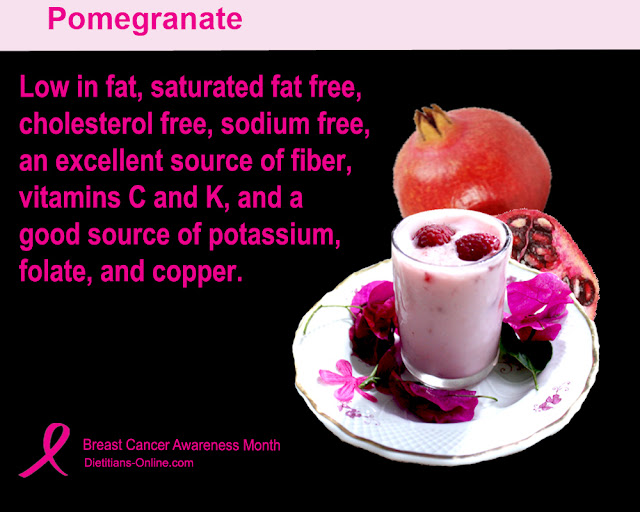1 UN International Day
of Older Persons, World Vegetarian Day, International Coffee Day, National
Homemade Cookies Day, Vegan Baking Day, Yom
Kippur (sundown), National Pumpkin Seed Day, National Kale Day, Walk to School Day
2 UN International Day of Non-Violence, World Day for Farmed Animals, National Fried Scallops Day,
National Produce Misting Day
3 National
Caramel Custard Day, World Smile Day
4 National Taco Day, World Animal
Day, Vodka Day, World Child Health Day, National Banana Pudding Day, World Porridge Day
5 UN World Teachers Day, National
Apple Betty Day, National Depression Screening Day, Country
Inn Bed & Breakfast Day
6 Noodle
Day, World Cerebral Palsy Day, National Plus Size Appreciation Day, National
German-American Day, World Day of Bullying
Prevention (First Monday), Sukkot
7 National
Frappe Day, National Chocolate Covered Pretzel Day, National
Eat Fruit at Work Day
8 National Perogy
Day, National Fluffernutter Day, National Salmon Day, World Octopus Day, Bullying Prevention Day (2nd Wednesday), S.A.V.E. (Stop America's Violence Everywhere) 2nd
Wednesday, National Take Your Parents to
Lunch Day (2nd Wednesday)
9 World
Post Day, National Moldy Cheese Day, International Beer and Pizza Day, National Depression Screening Day (Thursday of first full
Week)
10 World
Mental Health Day, National Angel Food Cake Day, World Homeless Day, National
Cake Decorating Day, National Metric Day, World Egg Day
11 International Day of the Girl,
National Sausage Pizza Day, Southern Food Heritage Day, National Pet Obesity
Awareness Day, I Love Yarn Day (2nd Saturday)
12 National Gumbo Day, National
Farmer’s Day, World Arthritis Day, Columbus Day
13 Metastatic
Breast Cancer Awareness Day, National Yorkshire Pudding Day, Columbus Day
observed; Indigenous Peoples' Day (2nd Monday)
14 National Dessert Day,
Chocolate-Covered Insect Day, Native American Day, International
Face Your Fears Day (2nd Tuesday); Simchat
Torah
15 UN
International Day of Rural Women, Global Hand Washing Day, National Pregnancy
& Infant Loss Awareness Day, National Mushroom Day, National Roast Pheasant
Day, National Chicken Cacciatore Day, National Cheese Curd Day, National White
Cane Safety Day
16 World
Food Day
17 UN International
Day for the Eradication of Poverty, National Pasta Day, Mulligan Day, Mammography Day (Third Friday)
18 World
Menopause Day, National Chocolate Cupcake Day, Meatloaf Appreciation Day,
National Mammography Day, Sweetest Day (3rd
Saturday
19 National
Seafood Bisque Day
20 World
Osteoporosis Day, National Brandied Fruit Day, International Chefs Day, National
Clean Your Virtual Desktop Day
21 National
Apple Month, Global Iodine Deficiency Disorder Day, National Pumpkin Cheesecake
Day
22 National
Nut Day, National Color Day, National Tex-Mex Day
23 National
Boston Cream Pie Day
24 United
Nations Day, World Development Information Day, National Bologna Day,
Food Day
25 National
Greasy Foods Day, World Pasta Day, Sourest Day
26 National
Mincemeat Pie Day, National Pumpkin Day, National Chicken Fried Steak Day, Mother-in-Law Day (Always 4th Sunday)
27 National Farm to School Month,
National American Beer Day
28 Wild
Foods Day, National Chocolate Day
29 National
Oatmeal Day, World Stroke Day
30 National
Candy Corn Day, Haunted Refrigerator Night, Checklist Day
31 Halloween,
National Magic Day, National UNICEF Day, Trick or Treat for UNICEF, Nevada 36th
State, National Caramel Apple Day, Frankenstein Friday
































